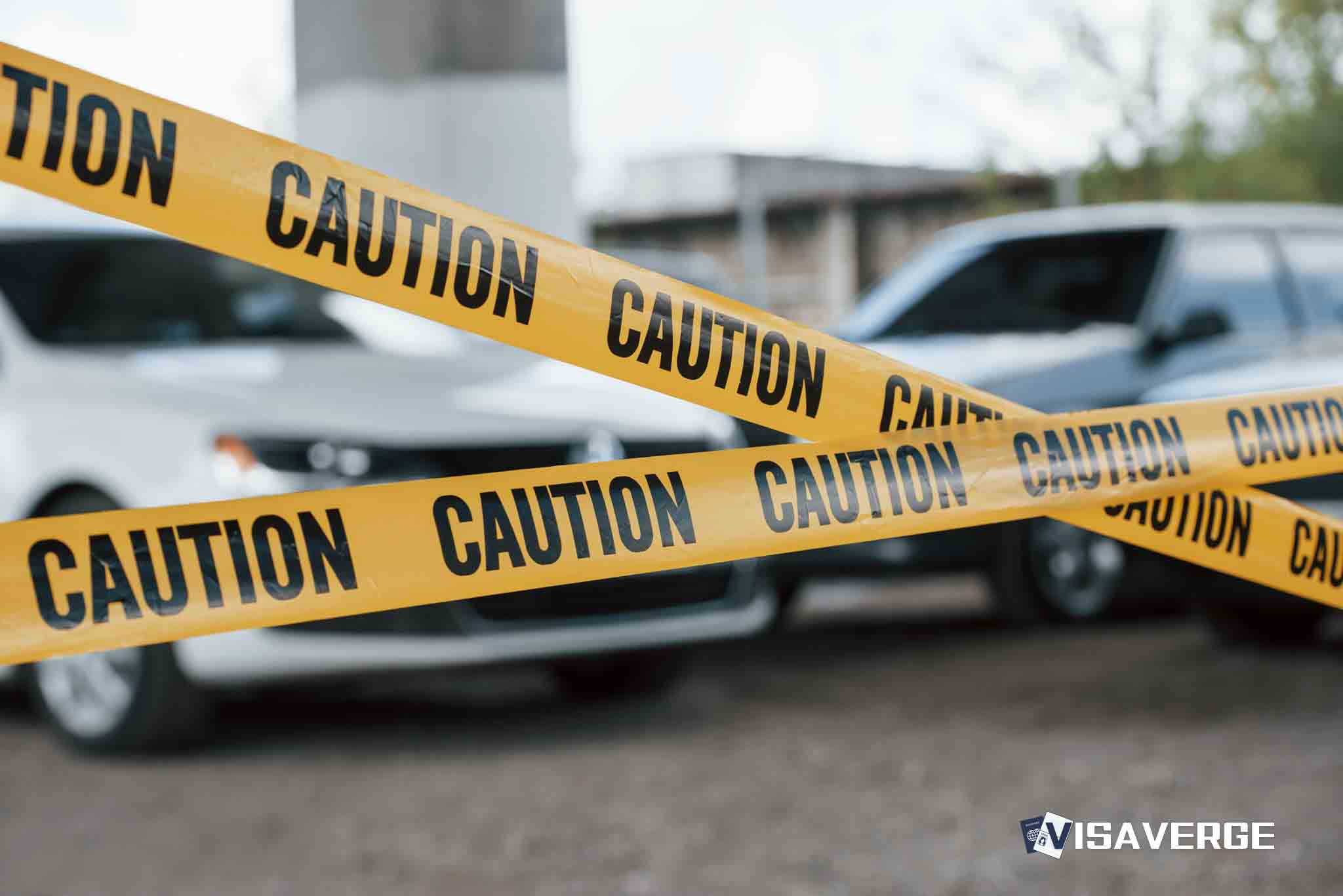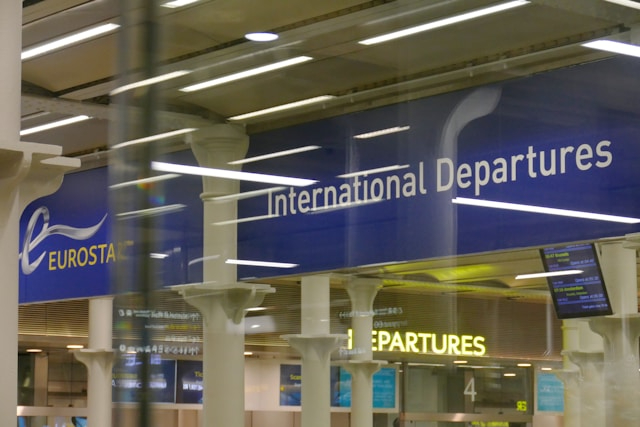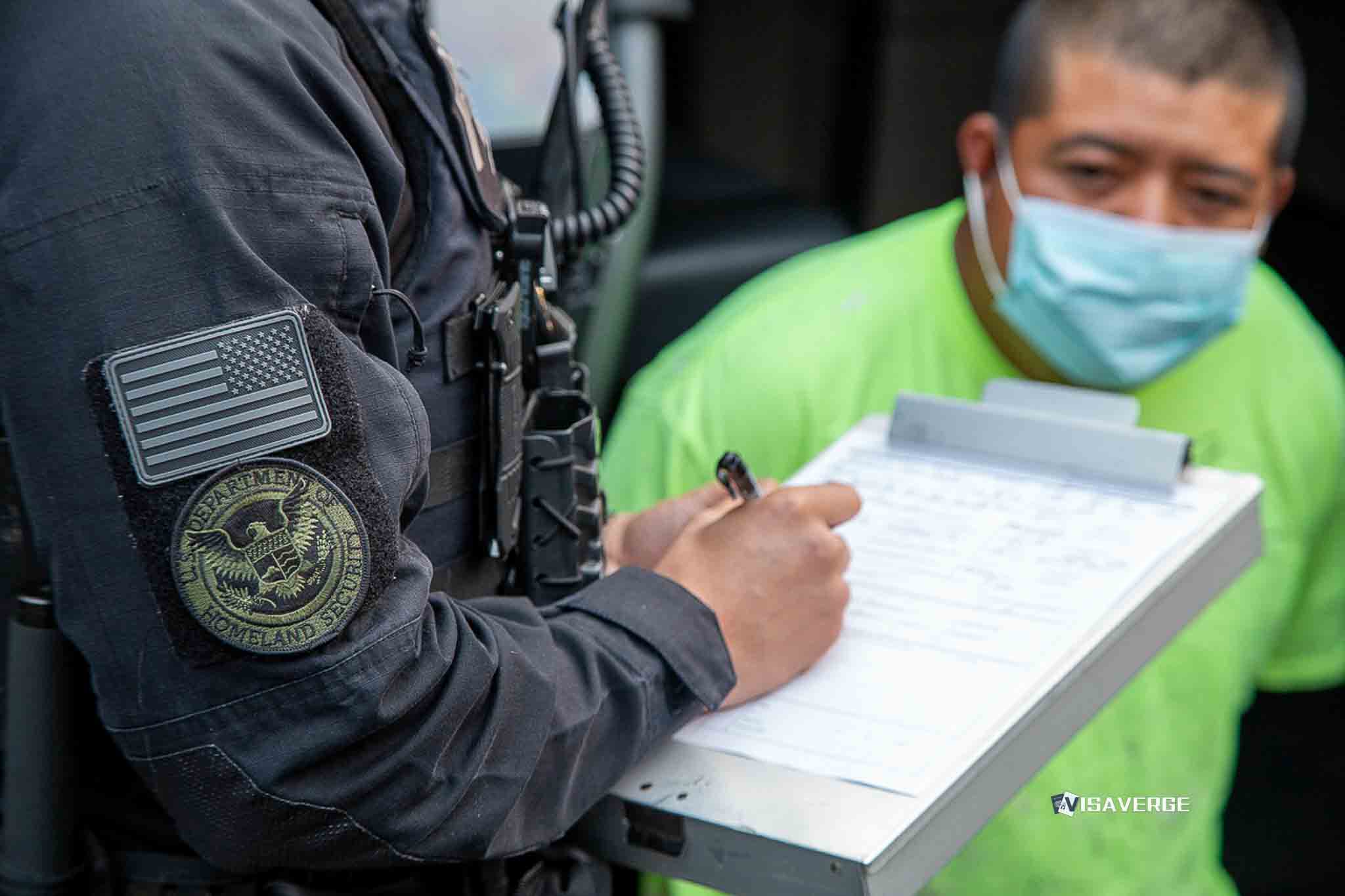(MANHATTAN) Five envelopes containing a white powder triggered an evacuation and a multi-agency hazmat response at 26 Federal Plaza on Wednesday, but authorities say initial tests show the substance was not dangerous. The envelopes were discovered around 4 p.m. on August 14, 2025 in the mailroom of the U.S. Immigration and Customs Enforcement (ICE) Enforcement and Removal Operations office on the building’s ninth floor. Two people came into contact with the powder and were evaluated out of caution; officials reported no injuries or illnesses.
Immediate findings and testing

By Thursday, officials said preliminary testing by the FBI and NYPD identified the powder as boric acid, a common ingredient in some pesticides and cleaning products. While boric acid can irritate skin or eyes with direct exposure, authorities stressed the material, in the amount and setting found, did not present a hazard to the public.
The five envelopes were sent to the FBI laboratory in Quantico, Virginia for confirmatory analysis. Emergency crews from the FBI, FDNY, NYPD, the Department of Environmental Protection, and NYC Emergency Management responded to the scene.
- Building parts were cleared and some occupants were told to shelter in place while hazmat teams conducted testing.
- Streets around 26 Federal Plaza saw temporary closures and a heavy police presence as the investigation began.
“No indication at this point that there’s danger to the public,” said FBI Assistant Director Christopher Raia, while reminding that sending threatening materials—hoax or not—is a federal crime.
Mayor Eric Adams echoed that message Thursday, stating “there were no dangerous substances that were involved” and pledging city cooperation with the federal probe. NYC Deputy Mayor for Public Safety Kaz Daughtry urged people to avoid the area during the response and said city teams would continue to support the investigation.
How the response unfolded
Authorities emphasized that standard safety procedures worked as intended:
- Staff recognized suspicious mail and stopped handling it.
- Security was alerted and emergency protocols were activated.
- Hazmat teams isolated the site, evacuated key areas, and tested the substance quickly.
These steps helped limit exposure and keep the building safe. For guidance on hazardous materials and protective steps New Yorkers can take, NYC Emergency Management provides public information at https://www.nyc.gov/site/em/resources/hazardous-materials.page.
Why the location and timing matter
26 Federal Plaza is a major federal hub housing ICE, the FBI, the Department of Homeland Security, and an immigration court. Many immigrants come here for hearings, to meet lawyers, or to check on loved ones. The site has also seen frequent protests over immigration enforcement and detention.
Just days before the mailroom scare, a federal judge ordered ICE to improve conditions in the building’s 10th-floor holding area, including reducing overcrowding and improving hygiene and access to legal counsel. Advocates say detainees have faced tight quarters, poor sanitation, and limited contact with attorneys.
Those tensions formed the backdrop to Wednesday’s alarm. As the white powder episode unfolded, people with business at the building were told to leave or wait. For immigrants traveling long distances for hearings, even a short closure can mean:
- Missed appointments
- Extra costs
- Confusion and added stress
Lawyers working on urgent filings had to pause and relocate. While operations resumed after the all-clear, the event will likely prompt a closer look at mailroom screening across federal sites, especially where sensitive agencies handle large volumes of mail.
Key facts (quick reference)
| Item | Details |
|---|---|
| Incident date and time | August 14, 2025, around 4 p.m. |
| Number of envelopes | 5 |
| Substance identified in initial tests | boric acid |
| Reported injuries | None (two individuals evaluated as a precaution) |
| Current status | No dangerous substances found; envelopes sent to FBI Quantico for confirmatory testing |
Investigation and potential legal consequences
The FBI is leading the criminal investigation. Threatening letters—whether containing a hazardous agent or a hoax material—can trigger federal charges. Possible charges may include mailing threatening communications and hoaxes related to hazardous substances.
- Prosecutors will decide charges after investigators identify the sender and review lab results.
- Raia urged the public to report tips to the FBI’s New York Field Office.
- A spokesperson said the agency will release more details after the Quantico lab finishes its work.
According to analysis by VisaVerge.com, law enforcement historically treats powder letters to federal buildings as high risk until tests confirm otherwise, which explains the large-scale response and temporary shutdowns. Public safety officials say rapid testing and clear updates are key to preventing panic, especially in busy spaces with courtrooms and government counters that serve thousands of people.
Broader impact and next steps
Officials say the choice to move quickly reflects lessons from past powder scares across the United States: take no chances, test fast, and return people to work only after teams confirm the area is safe.
- Mayor Adams said city agencies will continue to back the federal probe and review any rules that may need updating.
- ICE staff were advised to continue following internal reporting steps for suspicious packages and to watch for changes in mail screening procedures while the investigation continues.
- Federal agencies are expected to reassess how mail is screened and how alerts are shared with tenants and the public.
Final lab results from Quantico are pending; officials expect those results to match the initial finding of a non-hazardous substance. If investigators identify who sent the envelopes, federal charges are likely.
Authorities are urging calm. They remind the public that hoaxes can bring real harm by spreading fear, wasting emergency resources, and disrupting daily life at one of the city’s busiest federal hubs. Anyone with information is asked to contact the FBI.
This Article in a Nutshell
A mailroom scare at 26 Federal Plaza on August 14, 2025, triggered hazmat, FBI, NYPD, FDNY responses; preliminary tests found boric acid, no injuries. Evacuations, shelter-in-place orders and street closures disrupted hearings and services. Envelopes are under further analysis at the FBI Quantico lab while investigators seek the sender.








